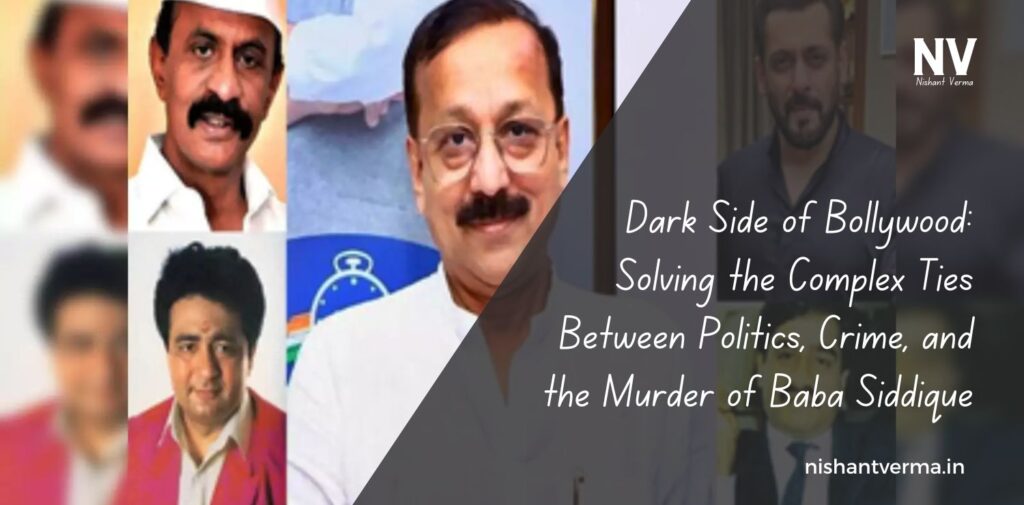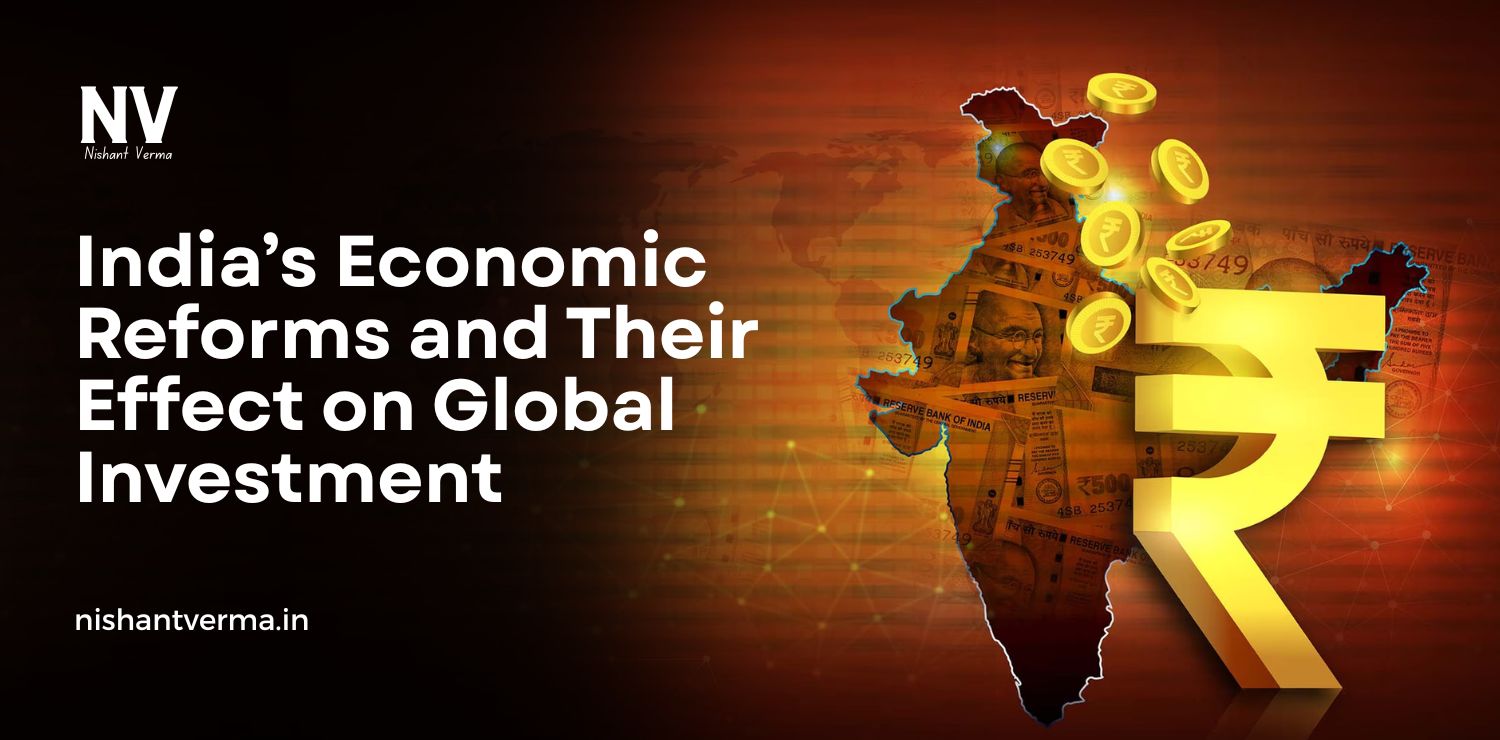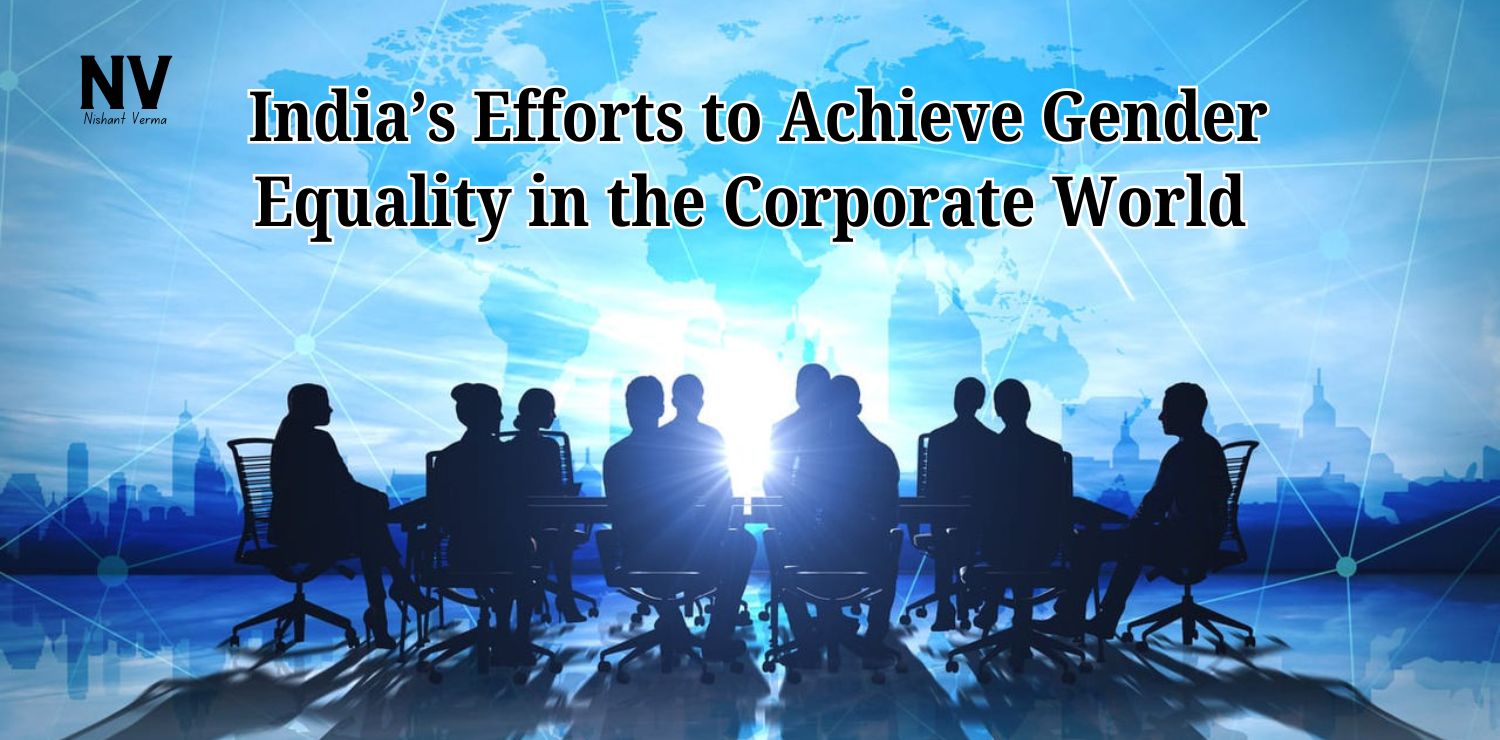In recent times, the murder of Baba Siddique, a controversial figure in Mumbai, has stirred up a storm of opinions and allegations. Politician Sanjay Roy’s claim that “Mumbai is not safe” raises questions about the safety of citizens and the underlying issues that plague the city. But why is this statement coming to light only after a member of a specific community has been murdered? It brings to the forefront the intricate dynamics of Bollywood, politics, and community representation in India.
A Community Divided
Sanjay Roy’s comments highlight a sentiment felt by many: the perception that certain communities are prioritized in discussions about crime and safety. The murder of Baba Siddique has ignited feelings of insecurity among his supporters, prompting outcries that resonate beyond the immediate tragedy. However, this reaction raises an important question: why does the safety of Mumbai seem to be contingent upon the murder of a single individual? Is this a genuine concern for all citizens, or does it reveal deeper biases?
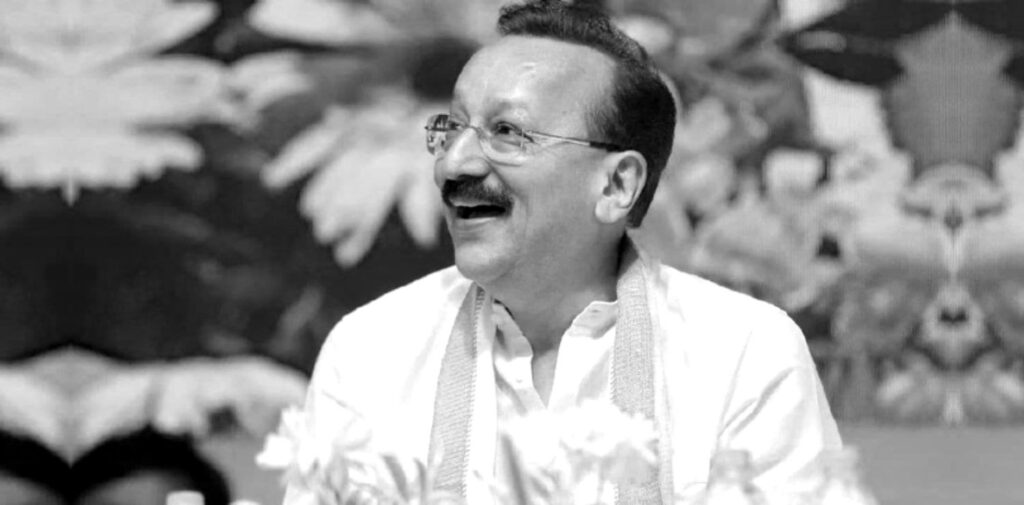
Baba Siddique: A Controversial Figure
Baba Siddique, known for his ties to Bollywood and the underbelly of Mumbai’s politics, is not without his share of controversy. Critics argue that he used his influence to shape Bollywood into a playground primarily for Muslim celebrities, sidelining many talented Hindu actors. This perspective fosters resentment among those who feel marginalized in an industry that should be a meritocracy.
Many argue that Bollywood has become a space where a few names dominate, overshadowing the contributions of countless others. The “three Khans” — Shah Rukh Khan, Salman Khan, and Aamir Khan — are often seen as the face of Indian cinema, leading to a narrative that dismisses the efforts of other artists. This has given rise to a narrative where Bollywood is viewed as a community-centric space rather than a diverse industry that should celebrate talent from all backgrounds.
The Shadow of Money
Another significant issue is the pervasive belief that Bollywood operates as a laundering hub for black money. Critics point out that legitimate businesses tend to shy away from investing in the film industry due to its infamous reputation. Why, they ask, have big business houses like Tata and Reliance not established a robust presence in Bollywood? This question fuels the theory that the industry primarily attracts those with questionable financial sources.
In the eyes of some, Bollywood has become synonymous with a world where ethics take a backseat. Allegations of money laundering and illegal activities cast a long shadow over the industry, further alienating those who feel excluded. It raises the question of whether the industry can ever shed this image and emerge as a legitimate space for creativity and storytelling.
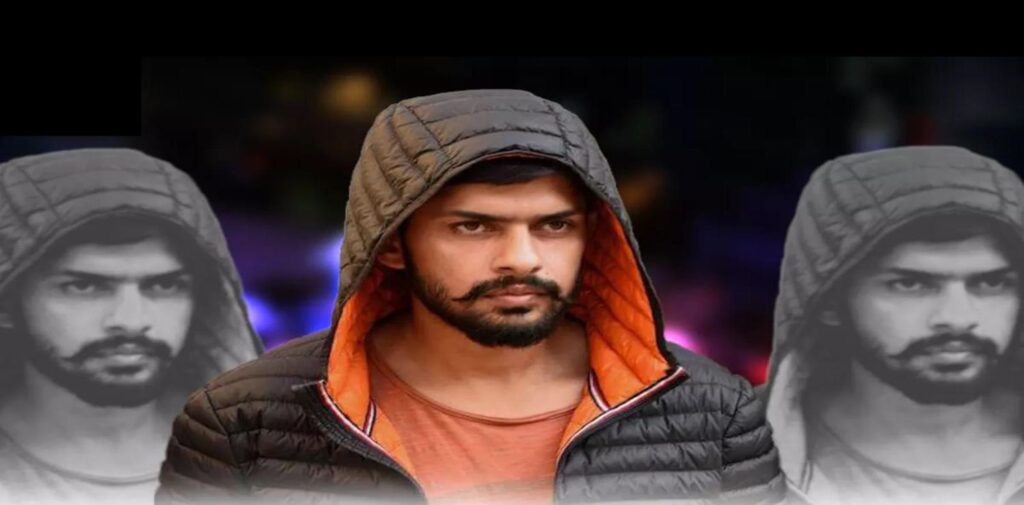
The Rise of Lawrence Bishnoi
Amidst this chaos, figures like Lawrence Bishnoi have emerged, leading to discussions about vigilantism and the defence of cultural identity. Bishnoi’s controversial reputation has made him a polarizing figure, particularly among those who feel that traditional values are under threat. While some see him as a protector of Hindutva, others view him as a criminal operating outside the law. This dichotomy reflects the broader struggle for identity and representation in a rapidly changing society.
The Role of Bollywood in Shaping Narratives
Bollywood has a powerful role in shaping public perception and community narratives. The stories told on screen can either bridge divides or deepen them. The portrayal of different communities and their struggles can lead to greater understanding or, conversely, fuel stereotypes and biases. As long as Bollywood continues to favour certain narratives, the divide between communities will only widen.
A Call for Inclusivity
As we grapple with these complex issues, it is essential to advocate for a more inclusive Bollywood. The industry should strive to represent diverse stories and voices, ensuring that talent is recognized irrespective of community affiliations. By embracing inclusivity, Bollywood can not only enrich its storytelling but also contribute to a more harmonious society.
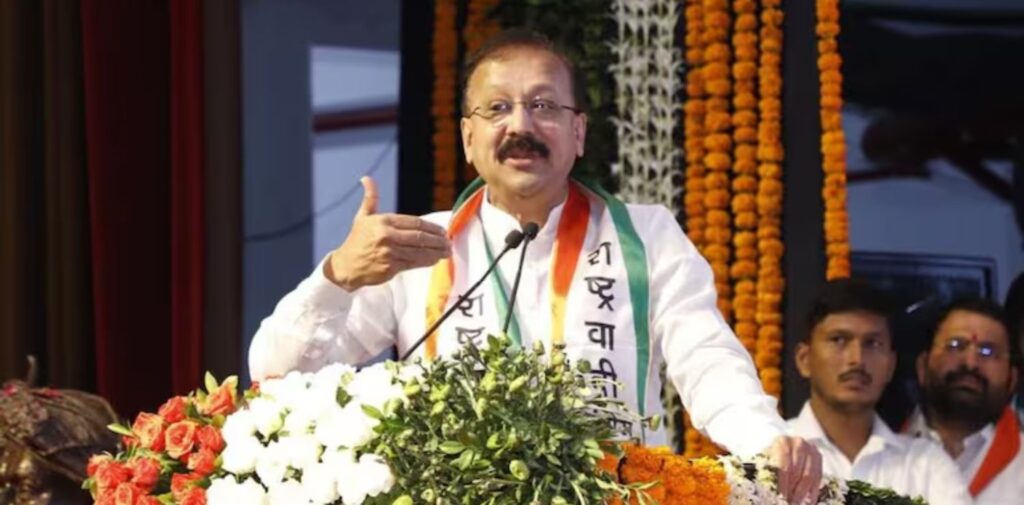
Conclusion: Murder of Baba Siddique
The recent events surrounding Baba Siddique’s murder and the subsequent commentary by politicians reveal the complex web of politics, crime, and community dynamics in Mumbai. It is a reminder that Bollywood is more than just an entertainment industry; it is a microcosm of society’s struggles and triumphs.
As discussions continue about safety, representation, and the integrity of the film industry, all voices must be heard. Only through dialogue and understanding can we hope to bridge the divides that have been exacerbated by both politics and cinema. In the end, the responsibility lies with all of us to demand a Bollywood that reflects the richness of Indian culture — one that celebrates diversity, fosters inclusivity, and tells the stories of all its people.

